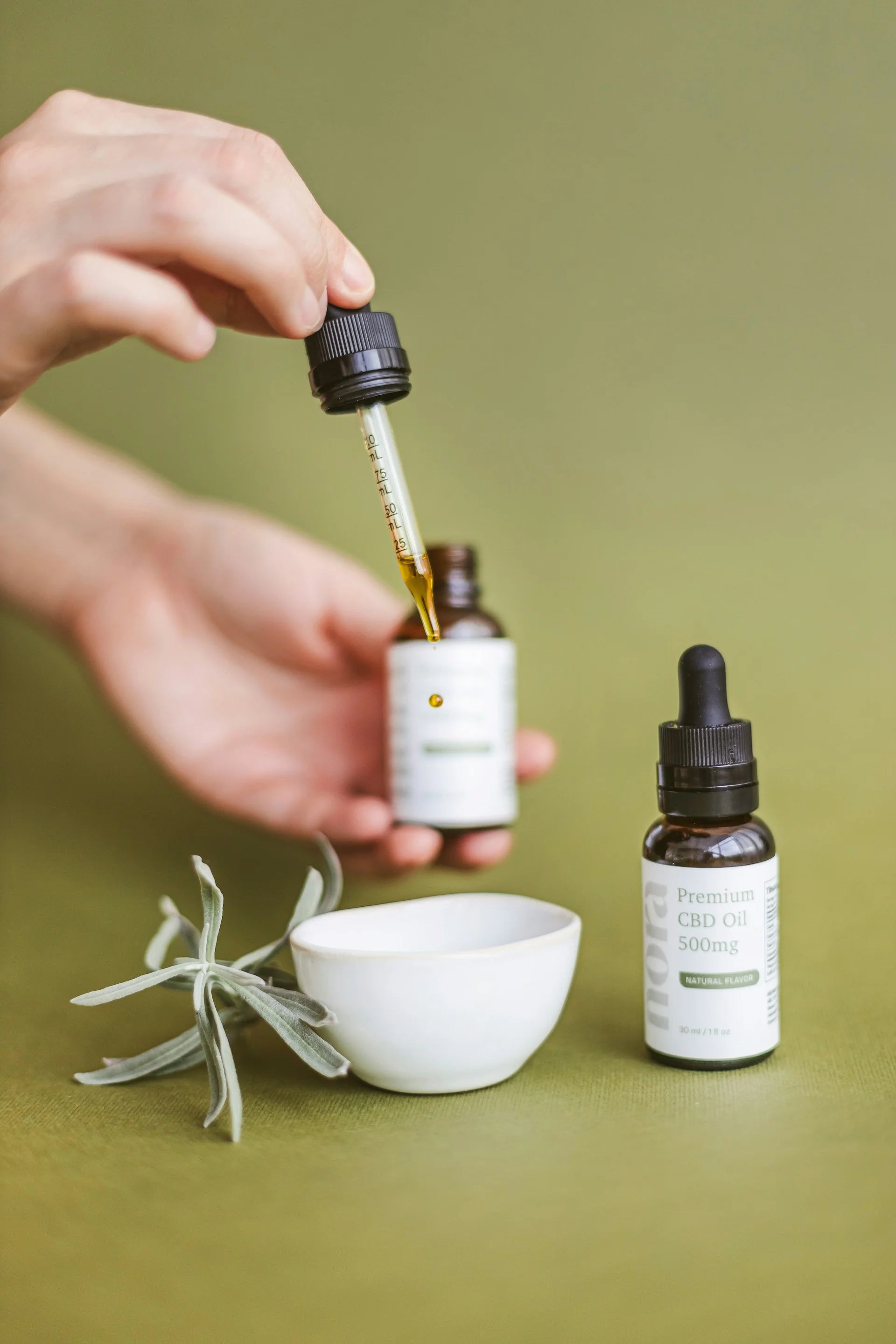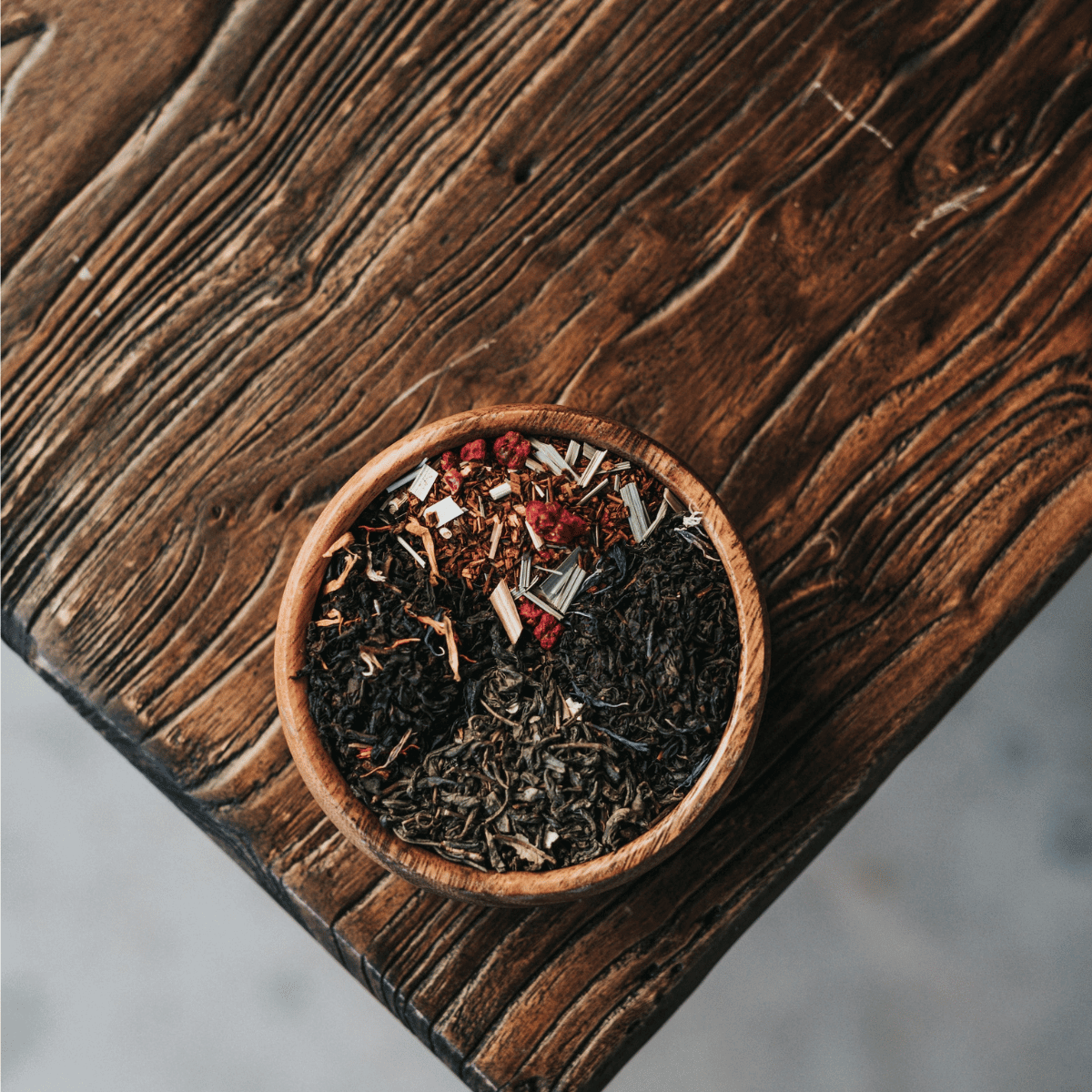Can I smoke Ginseng?
Ginseng is a plant that grows in many different parts of the world. It has been used for centuries as a medicinal herb. Some people believe ginseng is used to treat erectile dysfunction, as well as to help people who have had prostate cancer.
Ginseng is a root vegetable that belongs to the genus Panax. There are several kinds of ginseng available, including red ginseng, panax ginseng, American ginseng, and Korean ginseng. All types of ginseng contain the active ingredient “ginsenosides” that is supposed to be the key ingredient for health benefits.
Where does Ginseng come from?
Ginseng is a perennial plant that grows as a vine. It can be found in many parts of the world, but it is most commonly found in China, Korea and Russia. The root of the plant contains a number of compounds that have been used for centuries to treat a variety of ailments.
For thousands of years, ginseng has been used in traditional Chinese medicine. In modern times, it has been used as an herbal remedy for many different conditions including depression, heart failure, and high blood pressure.
What are the normal uses of Ginseng?

The uses of ginseng are numerous and varied. The benefits of ginseng are often overlooked, especially for people who are not familiar with the herb. Ginseng has been used for centuries to promote health and vitality, and it has been used in traditional Asian medicine and traditional Chinese medicine for thousands of years.
The root of the plant contains chemicals called ginsenosides which are believed to help to improve memory and other cognitive functions.
Ginseng extract has been shown to lower blood sugar levels, reduce cholesterol levels and protect the heart from damage caused by high blood pressure. It may also help prevent cancer, diabetes and help people get better sleep. However, those claims still need to be proven by scientific studies.

Photo by MARK ADRIANE on Unsplash
Ginseng can be taken in supplement form or made into tea or other herbal remedies. But it's important to be careful if you're using it as a dietary supplement because it can interact with certain medications or cause side effects when taken with certain drugs.
What part of the Ginseng plant can you smoke?
There are three parts of the ginseng plant that you can smoke: root bark, rhizome and stem.
The root bark is preferred because it has more active ingredients than other parts of the plant. The stem contains ginsenosides, which are responsible for many of its medicinal properties, but not all parts of the plant contain these compounds.
What is the difference between Ginseng and Ginger?
Ginseng root is a very strong herb that grows in many parts of the world. There are two main types of ginseng. You can eat raw ginseng or use it to make tea.
Ginger is a root that tastes very similar to ginseng and has been used for thousands of years as medicine and food. However it offers a spicy flavor, which makes it more popular than ginseng.
What are the usual benefits of Ginseng?
Ginseng is a popular herb used in traditional Chinese medicine. It can have positive effects on stress, energy, physical performance and mental health improving immune system.
The most common benefits of ginseng include:
- lowering blood pressure
- helps in bronchitis
- improving mental alertness
- relieving fatigue and weakness
- reducing anxiety and depression
- increasing sex drive
It is very important to clarify that no scientific study has approached the subject of health benefits from smoking anything. At Spliff Herbals we always recommend you consult your doctor before smoking or inhaling anything.
Is Ginseng good for smokers?
So basically yes, you can smoke ginseng, but it's not a good idea.
It may seem like an odd choice for smokers looking for an herbal supplement, but there are some people who believe that this herb can help them quit smoking and reduce cigarette cravings. This is mostly anecdotal evidence at this point, and there aren't any clinical studies to back up smoking cessation claims.
Does smoking Ginseng offer the same benefits?
Ginseng is more than just a plant — it's a herb with many properties. The most common uses for ginseng are as a natural form of testosterone booster and to help improve sexual performance (yes yes, look it up).

The basic idea behind herbal cigarettes is that you would get a similar effect by burning the leaves or root, than if you were consuming it in the standard way. However, there is a lack of scientific evidence proving that smoking ginseng offers the same effects than if you would consume it any other way. So basically, don’t expect anything crazy.
There are some people who claim that smoking ginseng can help with erectile dysfunction, but there have been no scientific studies to prove this claim. In fact, there are studies showing that smoking anything can cause side effects like nausea and headache.
What are the side effects of smoking Ginseng?
Smoking ginseng can cause side effects such as dizziness, drowsiness, and nausea. These side effects may be more severe in people who have a medical condition that affects their ability to digest food or who are elderly.
Ginseng may cause abdominal pain and diarrhea. It can also cause headaches, constipation and insomnia.
Is it toxic for the mind and body?
Smoking the herb is not recommended by most health care professionals because it can cause damage to your body. Of course, smoking anything is harmful to your health, and we really want to insist on that, because a lot of charlatans will try to sell you smokable natural herbs saying it’s good for you.
The toxins in ginseng can be absorbed into your body when you vape it, so don't do it! Instead choose a safer method of consuming your favorite herbs like tea bags or capsules which are much safer than smoking or vaping any substance including ginseng! There are also plenty of herbs you can smoke as a natural tobacco alternative such as moringa, cornflower petals, mullein and lemon balm.
Ginseng and other herbs
Can you smoke Ginseng with other dried herbs?
Yes, you can smoke ginseng with other dried herbs.

Photo by Nataliya Vaitkevich from Pexels
Ginseng has a very strong flavor, so it's best to mix it with other herbs that have a more subtle flavor. For example, try mixing ginseng with rosemary or thyme. You can also try mixing it with peppermint, skullcap or lavender. You can use mullein or mugwort as a base herb.
Can you smoke Ginseng with cannabis?
If you're going to use cannabis when smoking ginseng, then make sure that there is no THC in your blend. Cannabis and ginseng work well together but may not be suitable if there is too much THC present in the blend.
Is it a good tobacco replacement?
The short answer is no. Smoking ginseng is not healthy or safe to consume in any way shape or form. There are many negative side effects that come with smoking this herb like dizziness, nausea, vomiting and even death if taken in excessive amounts.
Conclusion - Can I smoke Ginseng?
You can smoke ginseng. However, if you are hoping to experience the healing properties of it, then you will probably be disappointed. The same goes for improving mental alertness, relieving fatigue and weakness, or any of the other benefits it is said to offer.
*This article is not to be interpreted as a statement of any form by Spliff but merely a compendium of information compiled from other sources. These statements have not been evaluated by Health Canada, FDA or any other regulatory body. Consult your doctor before ingesting or smoking any herbal product.*
WANNA LEARN MORE ABOUT SMOKING GINSENG? BROWSE OUR SOURCES BELOW!
Kiefer, D., & Pantuso, T. (2003). Panax Ginseng. American Family Physician, 68(8), 1539–1542. https://www.aafp.org/pubs/afp/issues/2003/1015/p1539.html?crsi=6624969229&cicada_org_src=healthwebmagazine.com&cicada_org_mdm=direct
Kitts, D., & Hu, C. (2000). Efficacy and safety of ginseng. Public Health Nutrition, 3(4a), 473-485. doi:10.1017/S1368980000000550
Davis, M. P., & Behm, B. (2019). Ginseng: A Qualitative Review of Benefits for Palliative Clinicians. American Journal of Hospice and Palliative Medicine®, 36(7), 630–659. https://doi.org/10.1177/1049909118822704
Ghavami, A., Ziaei, R., Foshati, S., Hojati Kermani, M. A., Zare, M., & Amani, R. (2020). Benefits and harms of ginseng supplementation on liver function? A systematic review and meta-analysis. Complementary Therapies in Clinical Practice, 39, 101173. https://doi.org/10.1016/j.ctcp.2020.101173
Kennedy, D. O., & Scholey, A. B. (2003). Ginseng: potential for the enhancement of cognitive performance and mood. Pharmacology Biochemistry and Behavior, 75(3), 687–700. https://doi.org/10.1016/S0091-3057(03)00126-6
Ernst, E. (2010). Panax ginseng: An Overview of the Clinical Evidence. Journal of Ginseng Research, 34(4), 259–263. https://doi.org/10.5142/jgr.2010.34.4.259







Leave a comment
All comments are moderated before being published.
This site is protected by reCAPTCHA and the Google Privacy Policy and Terms of Service apply.